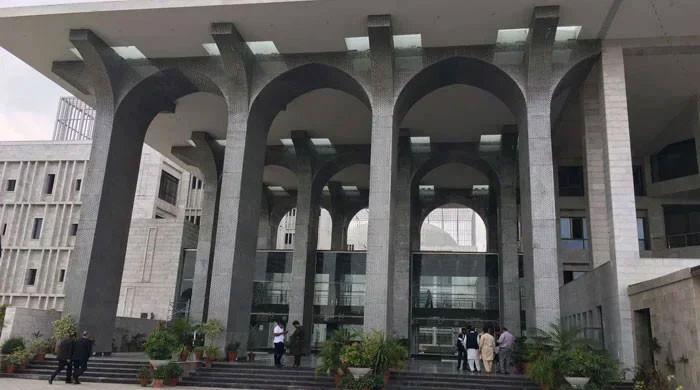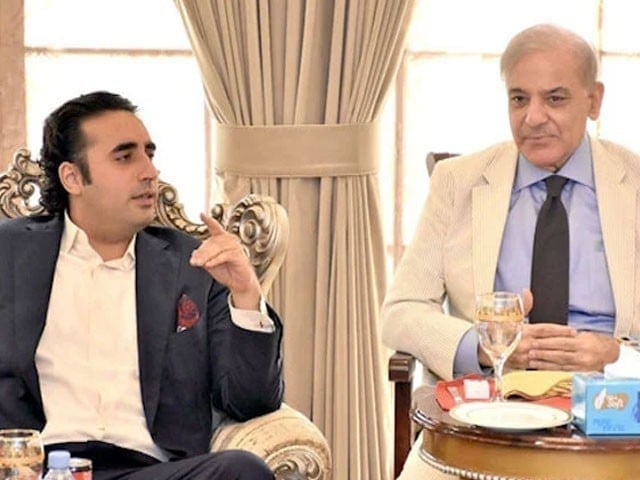Pakistan condemns US resolution, cites misunderstanding of political landscape – M Haris
Pakistan on Wednesday criticised the US House of Representatives’ Resolution 901, labelling it neither constructive nor objective due to its perceived lack of understanding of the country’s political situation and electoral process.
Responding to media inquiries regarding the resolution, Foreign Office Spokesperson Mumtaz Zahra Baloch confirmed that Pakistan had noted its passage.
“We believe that the timing and context of this particular resolution do not align well with the positive dynamics of our bilateral ties and stem from an incomplete understanding of the political situation and electoral process in Pakistan,” Baloch remarked.
She emphasised that Pakistan, as the world’s second-largest parliamentary democracy and fifth-largest democracy overall, remains committed to constitutionalism, human rights, and the rule of law in line with its national interests.
Baloch stressed the importance of constructive dialogue and engagement based on mutual respect and understanding. “Such resolutions are therefore neither constructive nor objective. We hope that the US Congress will play a supportive role in strengthening Pakistan-US ties and focus on avenues of mutual collaboration that benefit both our peoples and countries,” she added.
Also read: US Congress adopts resolution seeking probe into general elections in Pakistan
Earlier on Wednesday, the US House of Representatives approved a resolution supporting democracy and human rights in Pakistan, calling for an impartial investigation into claims of irregularities in the country’s February 8 general elections.
A total of 368 members voted in favour of the resolution, which called for a “full and independent investigation of claims of interference or irregularities in Pakistan’s February 2024 election.” Seven members voted against it.
Pakistan’s February 8 general elections were marred by a nationwide mobile internet shutdown on election day, arrests, and violence in the lead-up, and unusually delayed results. These issues led to widespread accusations of vote-rigging.
The resolution highlighted the need for public participation in the democratic process, following the contentious elections. Opposition parties, including Pakistan Tehreek-e-Insaf (PTI), have disputed the election results, citing significant obstacles faced by their candidates. Many PTI candidates had to run as independents due to a legal dispute with the Election Commission of Pakistan (ECP).
In the aftermath of the elections, the Pakistan Muslim League-Nawaz (PML-N) and Pakistan Peoples Party (PPP) formed a coalition government, leaving PTI and other parties in opposition.


